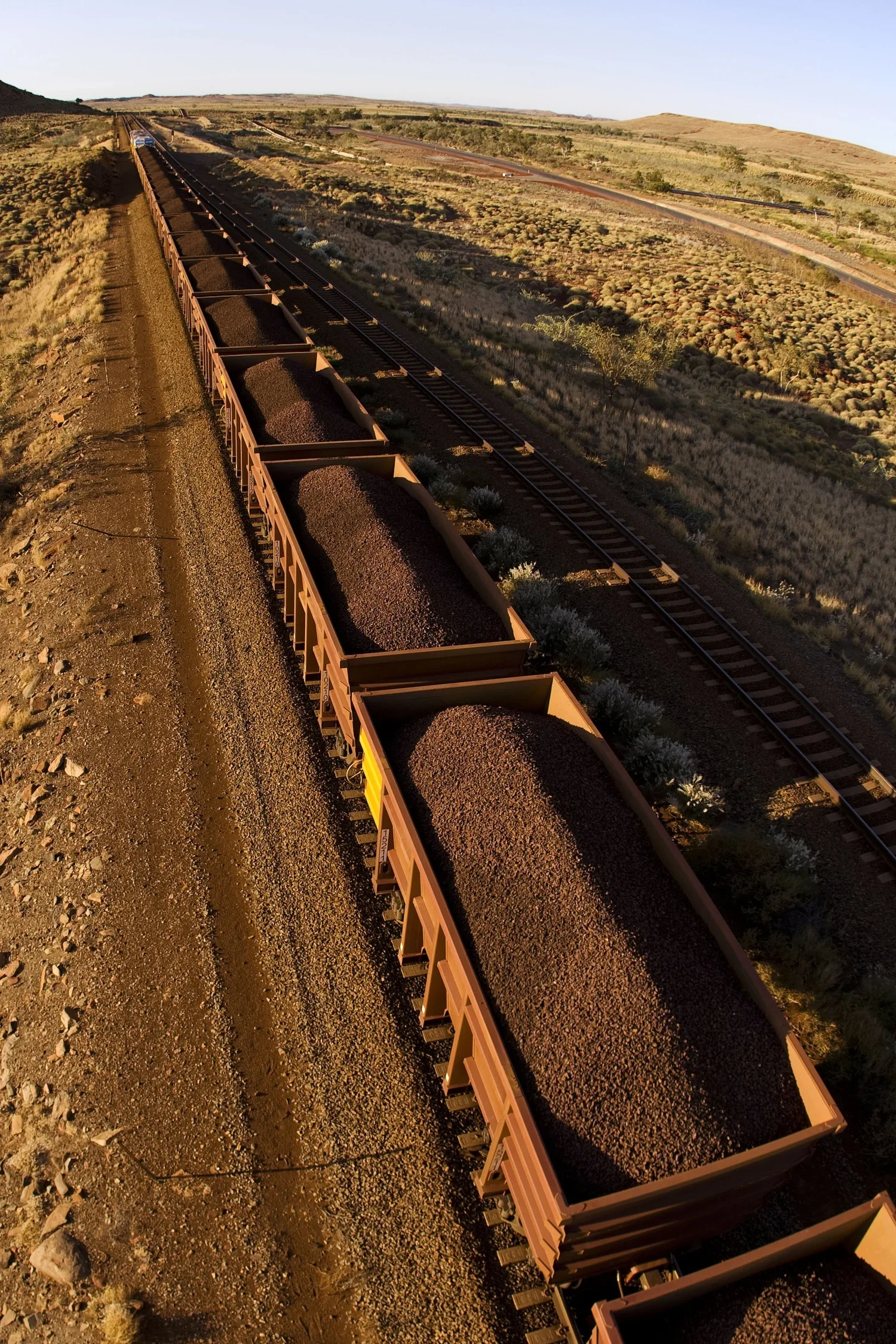
CORE HUB
Rail Collaboration Centre
Leading industry players in heavy haul rail have formed the Pilbara Heavy Haul Rail Collaboration Centre funded by the WA Government’s Local Manufacturing Investment Fund.
The Centre, powered by CORE Innovation Hub and Foundation Partner the Australasian Railway Association (ARA), provides a platform to meet the pace of change across Australia’s heavy haul rail industry.
As the operator of the Rail Collaboration Centre (RCC), CORE Innovation Hub facilitates an interconnected ecosystem of industry, service providers, researchers, investors, innovators, customers, and innovation labs to drive collaboration and accelerate technology outcomes.
Decarbonising the future
Australia’s heavy haul rail industry operates some of the world’s heaviest and longest trains and are recognised as leaders in the application of new technology to stretch their assets for maximum safe performance and delivery, with pioneering technologies such as remotely located train control centres and automated, driverless heavy haul trains.
For heavy haul rail, the type and pace of change is greater than ever. There is mounting pressure on traditional infrastructure, manufacturing and supply chains. Technological advances continue to shift expectations on a number of fronts and the commitment to decarbonise operations has been made.
Heavy haul operators across Australia are sponsoring rapid technology development and innovation to achieve decarbonisation of above and below rail operations.
The Big Picture
The rail industry contributes around $30 billion to the Australian economy and employs more than 165,000 workers. Rail freight, including the movement of iron ore, coal, grain, and other bulk exports is the main contributor to rapid growth over recent years and is forecast to grow by a further 41% through to 2030.
The fragmentation and lack of harmonisation in the rail sector across the country is the number one contributor to inefficiency and represents the clearest opportunity to achieve local manufacturing, economic activity and jobs in Australia if resolved.
A clear innovation and technology focus will maximise the benefits of industry investment and help realise the efficiencies being achieved through the use of innovation on projects globally.
GET INVOLVED
Discover more about the Rail Collaboration Centre



